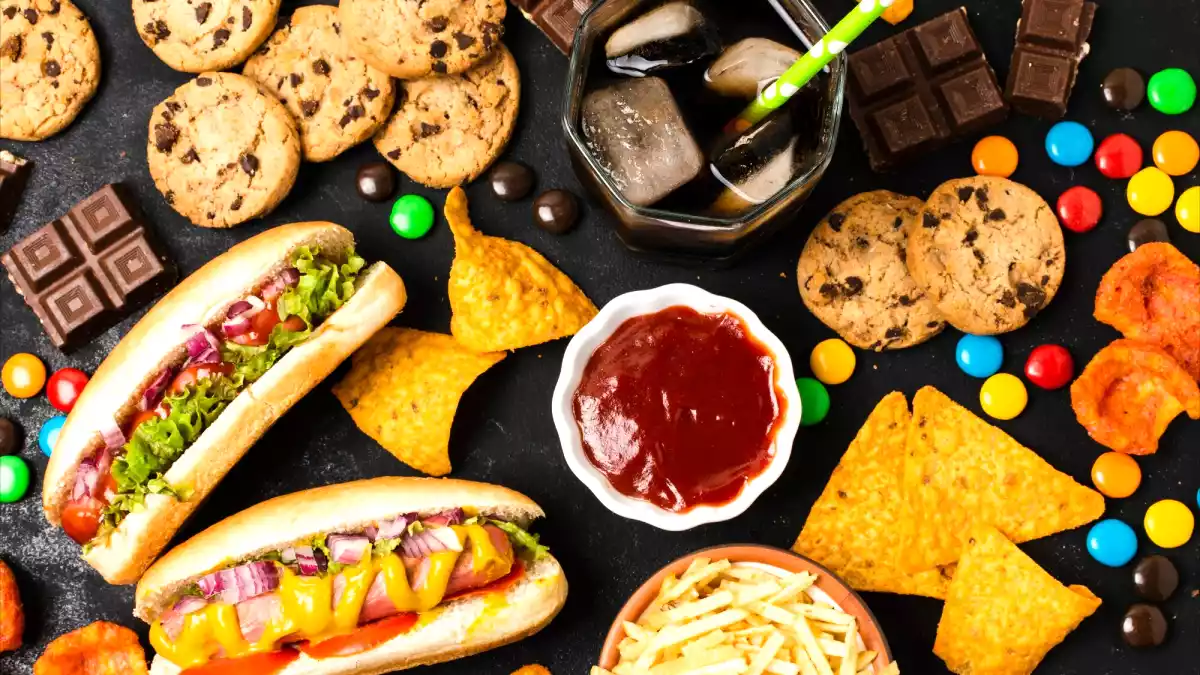A scientist's secrets for resisting ultra-processed foods: here's how to avoid temptation!

Crunchy, sweet, salty and simply irresistible: ultra-processed foods have become undisputed protagonists of our eating habits. From chips to sugary snacks to microwavable ready-to-eat meals, these products fill shelves and pantries, accounting for an increasingly large slice of the daily diet of millions of people. However, behind their convenience and satisfying taste lies a dark side: numerous scientific researches have now established a clear link between overconsumption of ultra-processed foods and increased risk of obesity, type 2 diabetes, cardiovascular disease and even cognitive disorders.
But then, how can we protect ourselves from these "packaged temptations" without feeling like we are in a constant struggle with our willpower? Answering that question is Dr. Ashley Gearhardt, a neuroscientist and nutritionist at the University of Michigan, who in a recent interview published a few days ago in Business Insider (April 2025) shared three practical and effective strategies for limiting the impact of ultra-processed foods in our daily lives.
1. The 3 "R's" rule: Recognize, Reduce, Replace.
Dr. Ashley Gearhardt, a neuroscience expert and scholar of food addiction for more than a decade, stresses that the first step to breaking free from ultra-processed foods is learning to recognize them. "Many people don't realize that about 70 percent of the packaged foods on supermarket shelves are highly processed," he says.
Once these products are identified, the most effective strategy is not drastic avoidance, but a gradual and conscious change. "Lasting results," Gearhardt explains, "come when we start substituting intelligently: for example, choosing a natural white yogurt instead of one rich in added sugars."
2. Eat with mind, not habit: the power of mindfulness at the table
One of the most effective but often underestimated tips is to re-establish a conscious relationship with food. Ultra-processed products are designed to be consumed quickly and impulsively, leading us to eat beyond what is necessary without listening to our body's real signals.
Dr. Ashley Gearhardt urges turning mealtime into a mindful experience: "Sit down, turn off your smartphone, chew slowly and pay attention to your sense of satiety," he suggests. This practice, known as mindful eating, is also supported by Harvard Health, which points out that mindful eating can improve the perception of real hunger and reduce episodes of binge eating, or uncontrolled binge eating.
3. Change the context, not the willpower: the trick to resisting junk food
According to Dr. Gearhardt, our food choices depend not only on hunger, but are strongly influenced by emotional, environmental and social factors. Anxiety, boredom, invasive advertisements, established habits-all can unknowingly push us toward junk food.
For this reason, the most effective strategy is not to fight the craving, but to change the context that generates it. Here are some practical steps:
- Do not keep visible snacks in the house: "eyes that cannot see, stomach that does not crave."
- Plan meals in advance, especially before going out or shopping: you'll avoid impulse purchases.
- Sleep at least 7-8 hours per night: sleep deprivation increases the need for high-calorie foods.
Gearhardt strongly reiterates: willpower is a limited resource, while changing your environment and daily routines allows you to reduce temptations in a natural and sustainable way.
Conclusion: small changes, big results
Resisting ultra-processed foods depends not only on willpower, but on scientifically based strategies. With input from experts such as Dr. Gearhardt, it is clear that more conscious daily choices are enough to reduce health risks and improve overall well-being. You don't need perfection: even small steps can make a big difference, and the benefits are quickly noticed.
You might also be interested in:
 Daniele Mainieri
Daniele Mainieri


Comments